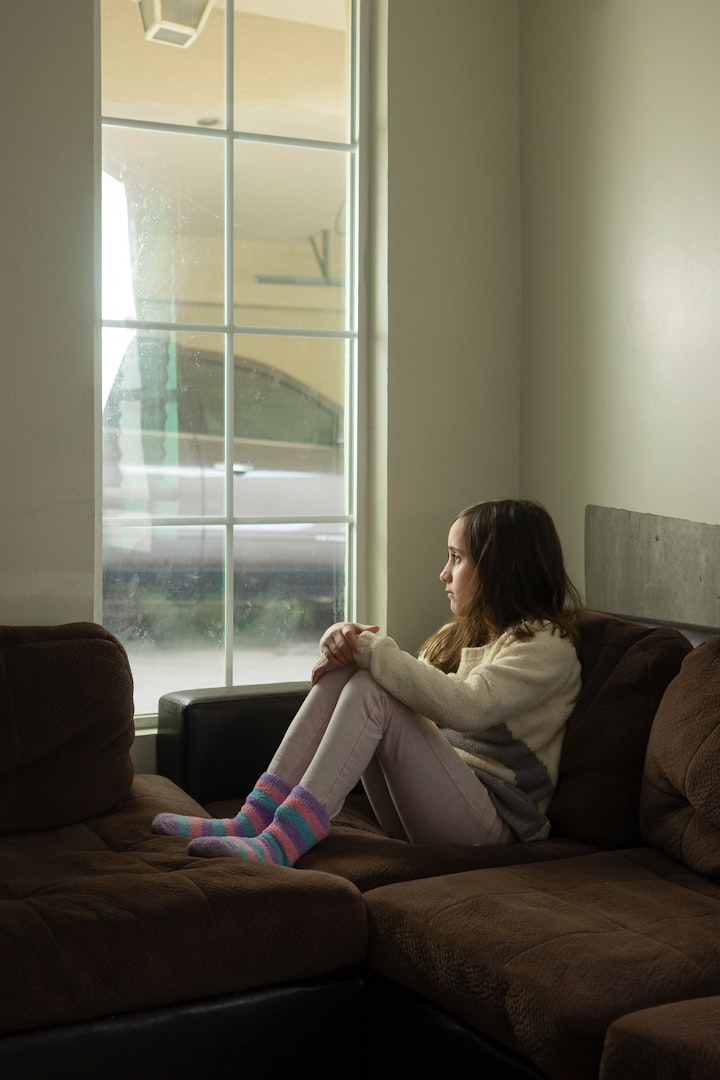A Comprehensive Guide on How to Handle Children Through Divorce
Nurturing Resilience and Stability in Children Amidst the Storm of Divorce

Divorce is a challenging and emotionally charged process for everyone involved, and when children are in the picture, the stakes are even higher. The impact of divorce on children can be profound, affecting their emotional well-being, academic performance, and overall development. However, with careful consideration and proactive strategies, parents can help mitigate the negative effects and guide their children through this difficult transition. In this article, we will explore a comprehensive guide on how to handle children through divorce, covering emotional support, communication, and practical co-parenting strategies.
Understanding the Emotional Impact
Divorce can be a tumultuous experience for children, leading to a range of emotions such as sadness, confusion, anger, and fear. It's crucial for parents to acknowledge and validate these emotions, creating a safe space for their children to express themselves. By recognizing and addressing the emotional impact of divorce, parents can help their children navigate this challenging period more effectively.
Open Communication
Communication is the cornerstone of successful co-parenting. Maintaining open and honest communication between parents is essential for creating a stable environment for the children. Here are some key communication strategies:
a. Unified Front: While it may be challenging, presenting a united front to the children is crucial. This means discussing major decisions and discipline strategies together to provide consistency.
b. Age-Appropriate Conversations: Tailor your discussions to the age and maturity level of your children. Be honest but avoid sharing unnecessary details that might burden them.
c. Listen Actively: Encourage your children to express their feelings and concerns, and actively listen without judgment. This helps them feel heard and understood.
d. Professional Guidance: In some cases, involving a family therapist or counselor can facilitate communication and provide a neutral space for everyone to express themselves.
Emotional Support
Children often need extra emotional support during and after a divorce. Both parents play a vital role in providing this support, even if they are no longer living together. Consider the following strategies:
a. Reassurance: Remind your children that they are loved and that the divorce is not their fault. Reassure them that both parents will continue to be actively involved in their lives.
b. Routine and Stability: Establishing a consistent routine can provide a sense of stability during a time of upheaval. Consistency in daily activities, such as mealtimes and bedtime, can help children feel secure.
c. Individual Time: Spend quality one-on-one time with each child to reinforce your bond. This helps them feel valued and supported on an individual level.
d. Encourage Expression: Foster creative outlets for your children to express their emotions, such as art, journaling, or sports. This can be a healthy way for them to cope with their feelings.
Co-Parenting Strategies
Effective co-parenting is crucial for the well-being of children after a divorce. This involves collaboration, compromise, and a commitment to putting the children's needs first. Here are some co-parenting strategies to consider:
a. Create a Co-Parenting Plan: Develop a detailed parenting plan that outlines custody arrangements, visitation schedules, and responsibilities. Having a clear plan helps reduce uncertainty for both parents and children.
b. Be Flexible: While having a plan is essential, it's equally important to be flexible when unexpected situations arise. Both parents should be willing to adapt and make adjustments when necessary.
c. Respect Boundaries: Establish clear boundaries and respect each other's roles as parents. Avoid criticizing or undermining the other parent in front of the children, as this can be emotionally damaging.
d. Coordinate Discipline: Consistency in discipline is crucial for children's well-being. Discuss and coordinate discipline strategies to ensure that rules and expectations remain consistent across both households.
Conclusion
Handling children through divorce is undoubtedly challenging, but with dedication, open communication, and a focus on the children's well-being, parents can navigate this difficult terrain successfully. By acknowledging the emotional impact, providing consistent emotional support, and implementing effective co-parenting strategies, parents can foster a healthy and stable environment for their children post-divorce. Remember, the key is to prioritize the needs of the children and work together as co-parents to ensure their smooth transition into a new chapter of their lives.
About the Creator
Chinedu Charles Okonkwo
My name is Chinedu Okonkwo
I'm a writer, it has always been what I have passion for, touching the life's of people through the act of writing
A dynamic individual driven by passion, curiosity, and a relentless pursuit of higher greatness .





Comments
There are no comments for this story
Be the first to respond and start the conversation.